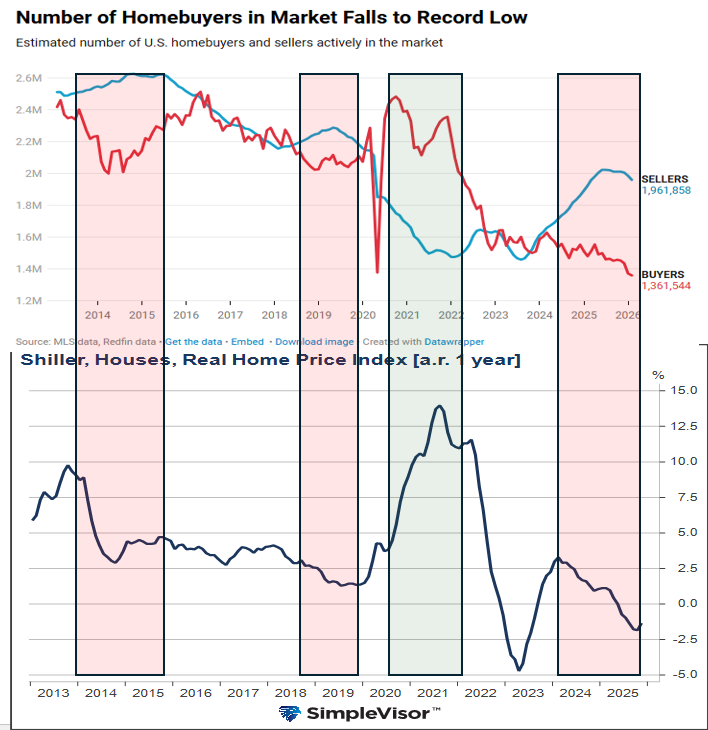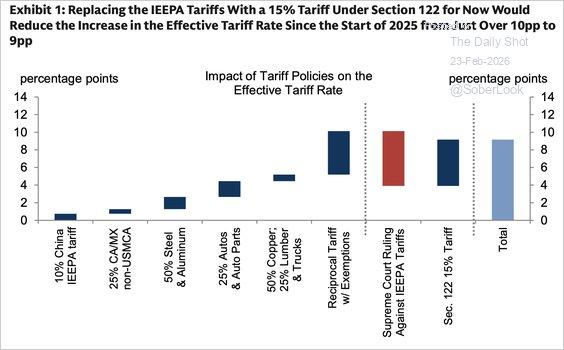 I heard several days ago from my friend Larry Beane that people in Walter Block’s seminar who had been reading Theory and History wondered whether Mises is a moral relativist. As I’ll try to show, the answer depends on what you mean by “moral relativist,” but in the way the term is usually understood in contemporary philosophy, he isn’t. I’d like to dedicate this article to the memory of Leo Beane, an outstanding young man of great character and intelligence who was not a moral relativist.
I heard several days ago from my friend Larry Beane that people in Walter Block’s seminar who had been reading Theory and History wondered whether Mises is a moral relativist. As I’ll try to show, the answer depends on what you mean by “moral relativist,” but in the way the term is usually understood in contemporary philosophy, he isn’t. I’d like to dedicate this article to the memory of Leo Beane, an outstanding young man of great character and intelligence who was not a moral relativist.
When Mises talks about any question in philosophy, a fundamental rule should be kept in mind. His primary objective is always to defend the free market against any doctrine that can be used to attack it. For example, he criticizes the logical positivists, because their view of meaning would undermine praxeology, and for the same reason he rejects various forms of what he calls “polylogism.”
In ethics, Mises follows the same strategy. He says that almost everybody values peace and prosperity. The way to achieve this is to establish and maintain a system of social cooperation through the free market. His argument, then, appeals to what Kant calls a hypothetical imperative, “If you want peace and prosperity, establish and maintain a free market.” Because almost everyone does want peace and prosperity, almost everyone thus has a reason to establish and maintain a free market. One more point needs to be added to grasp what Mises has in mind. He thinks this entire argument is strictly scientific and value-free. It isn’t that he is making the value judgment “I like the free market,” although he certainly did like it. Rather, he is saying, “People in fact do prefer peace and prosperity, and this is the way to get it.”
Here is where the strategy I mentioned comes in. Some philosophers such as Franz Brentano say that there are objective values. Besides the subjective preferences people have, there are also absolute values. Mises characterizes the position in this way:
This distinction between a field of science dealing exclusively with existential propositions and a field of judgments of value has been rejected by the doctrines that maintain there are eternal absolute values which it is just as much the task of scientific or philosophical inquiry to discover as to discover the laws of physics. The supporters of these doctrines contend that there is an absolute hierarchy of values. They tried to define the supreme good. They said it is permissible and necessary to distinguish in the same way between true and false, correct and incorrect judgments of value as between true and false, correct and incorrect existential propositions. Science is not restricted to the description of what is. There is, in their opinion, another fully legitimate branch of science, the normative science of ethics, whose task it is to show the true absolute values and to set up norms for the correct conduct of men.
You can see why Mises is suspicious of this. What if people say that the absolute values require that people reject, or at least modify, the free market? Many people who supported absolute values, such as the philosopher Max Scheler and various Austrian clerical thinkers of the 1930s, did just that. Mises gives two arguments against absolute values: people disagree about these values and the defenders appeal to unsupported “intuitions” about them. But couldn’t advocates of the position respond that even though many people disagree with praxeology, Mises does not take that as a good reason to throw praxeology into doubt? Mises certainly doesn’t say that because the logical positivists disagree with his account of meaning it is not objectively true: quite the contrary. Does Mises have a double standard? Disagreement doesn’t always show that there’s nothing more to be said.
Some defenders of objective values might say to Mises: “You’re wrong that there is no ground for our judgments other than unsupported intuitions. Natural law grounds ethics in the requirements of human nature.” Mises is not convinced: “It is useless to emphasize that nature is the ultimate arbiter of what is right and what is wrong. Nature does not clearly reveal its plans and intentions to man. Thus the appeal to natural law does not settle the dispute. It merely substitutes dissent concerning the interpretation of natural law for dissenting judgments of value.”
Mises does respect the appeal to reason by natural law thinkers, but he thinks his own appeal to the benefits of social cooperation removes the defects of classical natural law theory:
Yet all these deficiencies and contradictions of the doctrine of natural law must not prevent us from recognizing its sound nucleus. Hidden in a heap of illusions and quite arbitrary prepossessions was the idea that every valid law of a country was open to critical examination by reason. About the standard to be applied in such an examination the older representatives of the school had only vague notions. They referred to nature and were reluctant to admit that the ultimate standard of good and bad must be found in the effects produced by a law. Utilitarianism finally completed the intellectual evolution inaugurated by the Greek Sophists.
Does this make Mises a moral relativist? He doesn’t think that there is anything to the concept “value” other than subjective preferences, so if this is what you mean by a relativist, he was one. But this isn’t the way most philosophers today use the term. A moral relativist is someone who, as the name suggests, thinks that morality is relative to something, usually a person’s society or culture. A relativist might hold, for example, that slavery was morally right in ancient Greece and Rome, because it was accepted there, but wrong in America today. This isn’t subjectivism, because the relativist isn’t saying it’s a matter of arbitrary preference whether slavery is right or wrong: he is saying that slavery is objectively right (or wrong) relative to a particular society. A variant of moral relativism holds that what is morally right is relative to the individual, but even this isn’t subjectivism. The defender isn’t saying that what’s right is nothing more than persons’ subjective preferences. Rather, he is saying that it is objectively the case that what is right for each person is what he prefers.
In this way of understanding relativism, Mises was not a moral relativist. He thought that social cooperation through the free market resulted in peace and prosperity, regardless of whether people or societies accepted this or not.
Full story here Are you the author? Previous post See more for Next postTags: Featured,newsletter


























